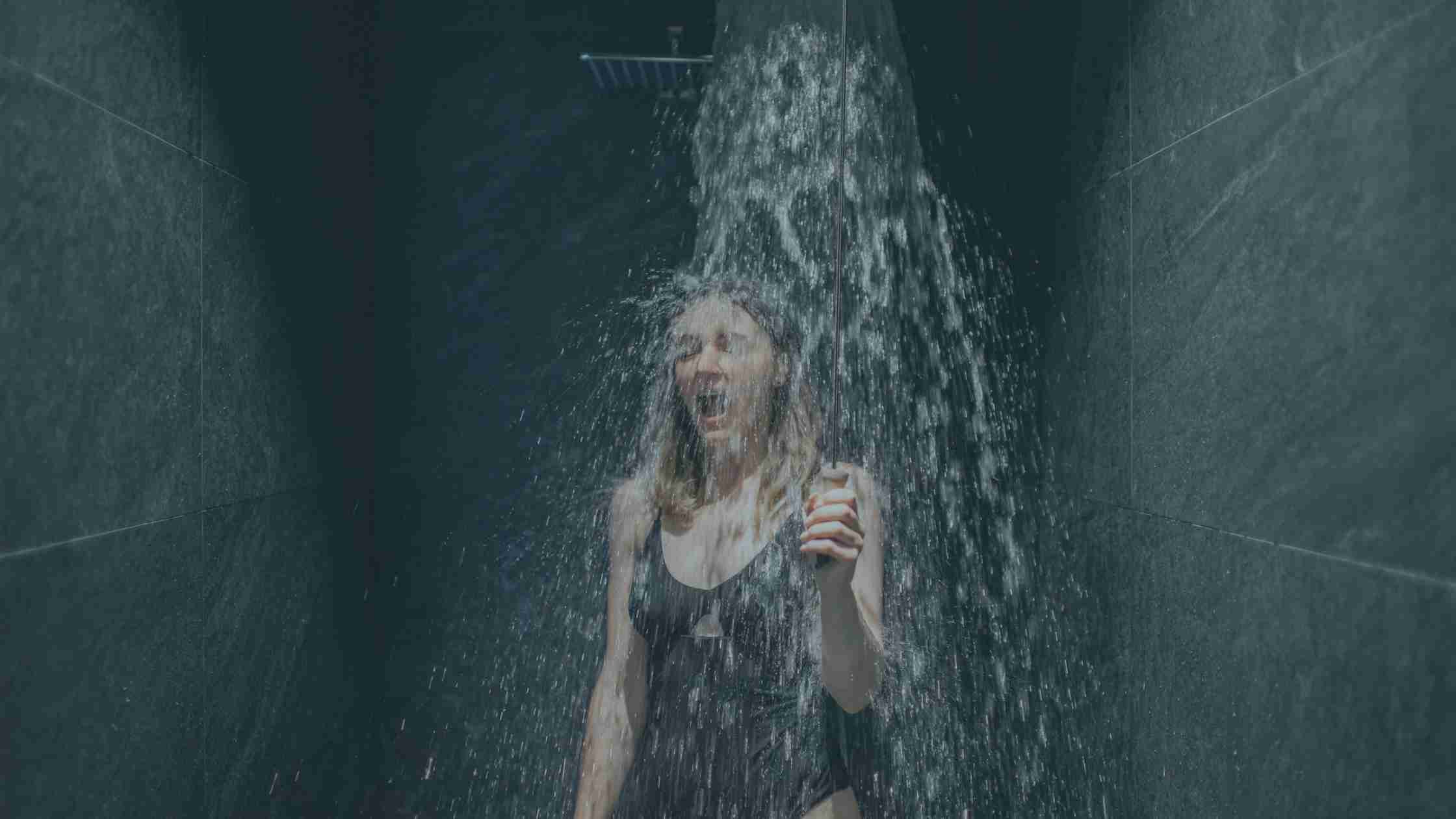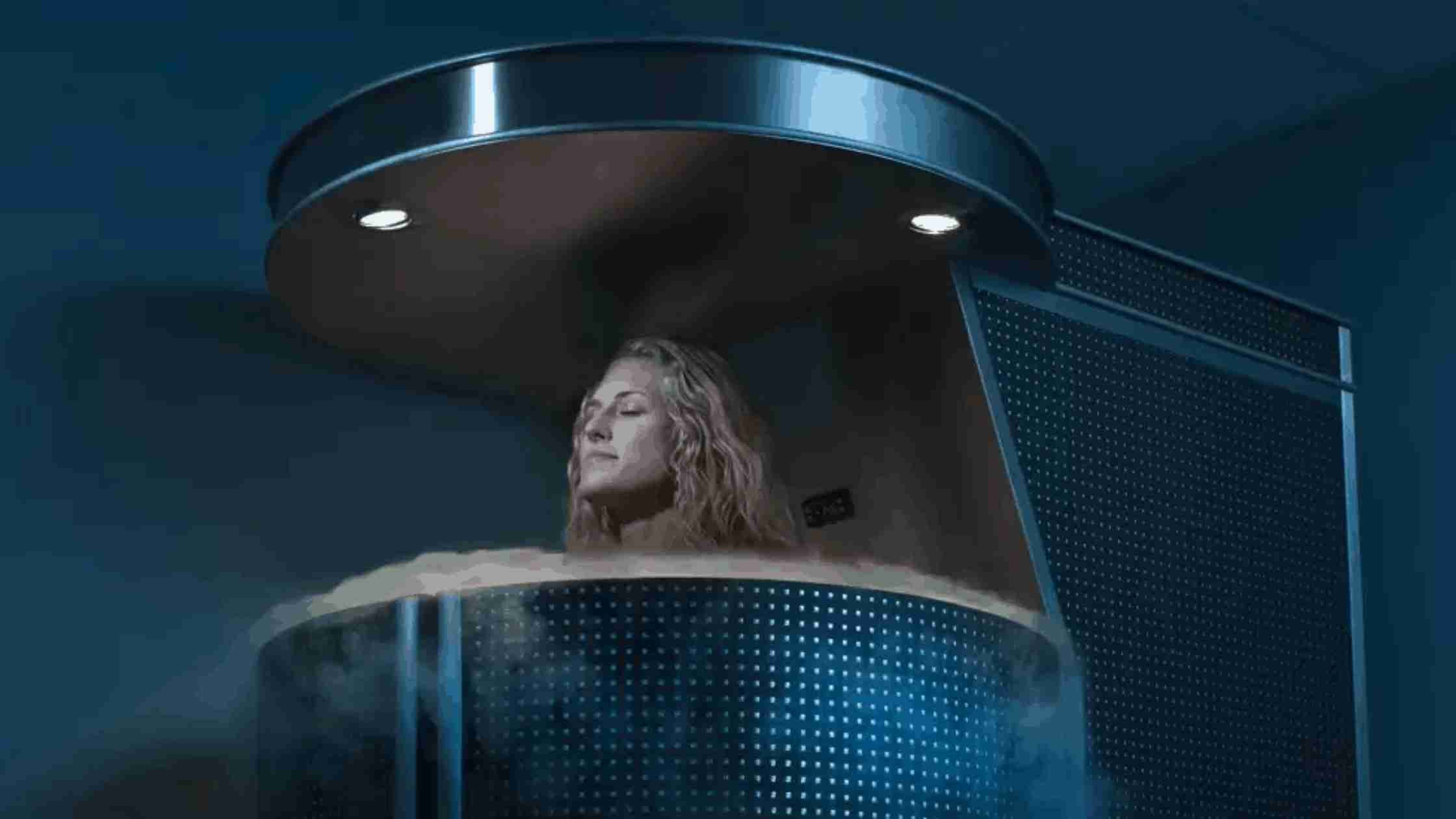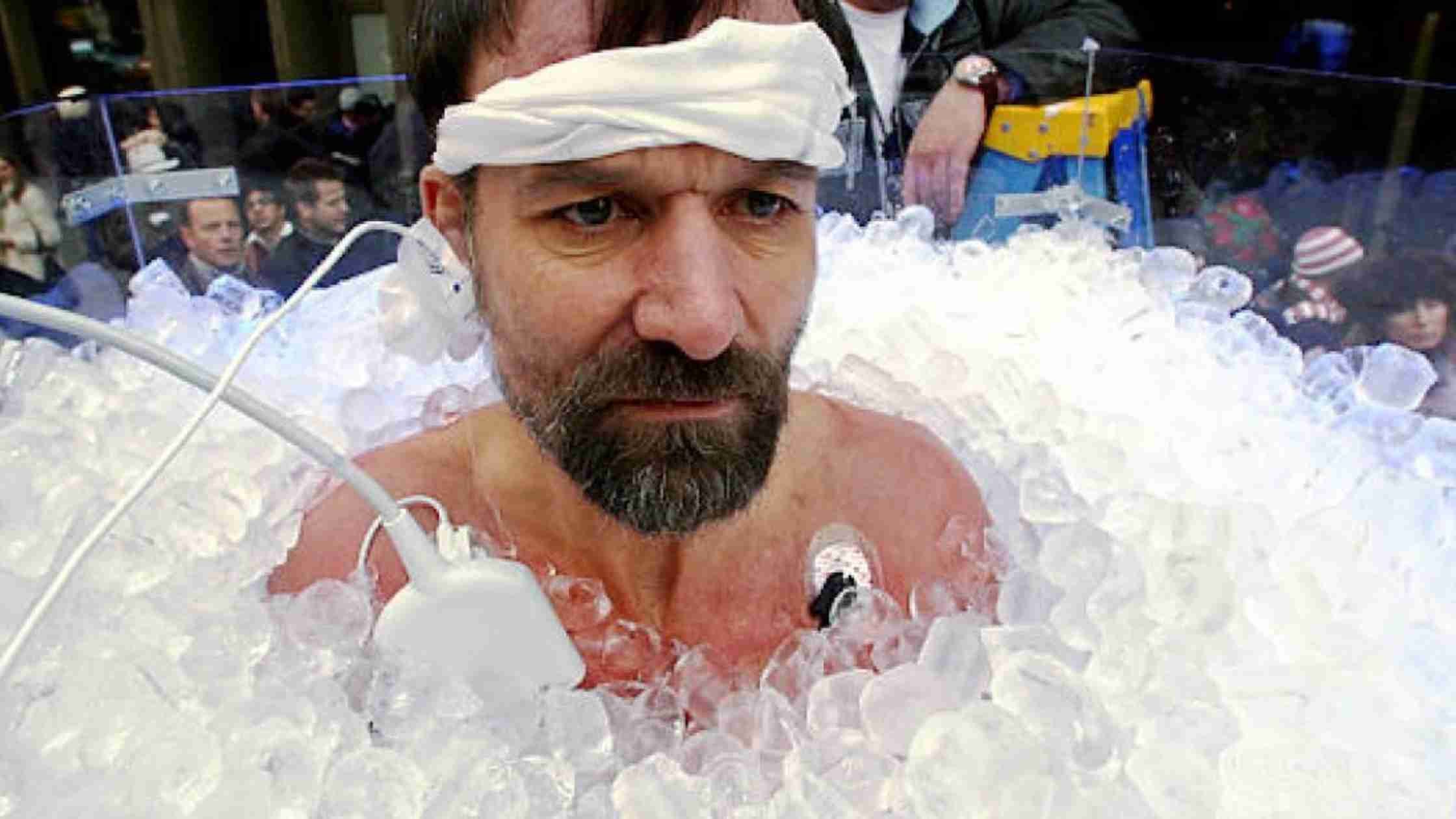
The Science and Benefits of Ice Baths
The cold is your friend. Learn the ever-increasing science and benefits of regular ice baths and what actually happens when you immerse the body in an ice bath.
Why cold therapy?
We humans are pretty nifty. We have a built-in intelligence that is constantly attempting to return us back to our natural resting state - homeostasis.
There’s loads of ways we can throw this balancing act in day to day life, and theres also many ways we can nurture it.
It’s easy to get lost in a sea of over exposure to digital stimulus, life stressors, the seeking of more, numbing the pain and chasing the buzz. In essence, it’s easy to lose yourself in the fog.
But there’s always room to rediscover yourself and create habits that nudge you back to life. The cold is a teacher. Sometimes you need to shock the body and mind to reset and find clarity.
Cold water exposure is the start of your algorithm to finding healing, focus, mental discipline and the inner fire to crawl, walk, run in the right direction.
It’s time to find comfort in the uncomfortable, take the plunge into an ice bath ritual, breathe and listen.
What are the benefits of ice baths?
The benefits of ice baths have been known for centuries. In fact, cold therapy has been practiced since the time of Hippocrates.
Athletes have been using cold plunge in the form of post-race or post-match ice baths for the last 30 years as a well known treatment for acute injuries and to speed up recovery time.
What is emerging and exciting about cold therapy is it’s application for improving mental health, treating chronic disease and neurodegenerative issues as well as a general well-being tool.
Here we share a breakdown of the key benefits of ice baths, how you can achieve cold therapy and some great resources and studies relating to cold water exposure.

Key Ice Bath Benefits
Mood and Mental Health
Cold water exposure triggers the release of norepinephrine and other neurotransmitters like dopamine in high levels that may be useful for boosting mood and managing anxiety and depression.
Hormesis
Cold is a stressor - by deliberately stressing the body with cold, you are forcing an adaptive response that reduces systemic inflammation while increasing state of relaxation and ability to deal with stress. Cold exposure also has the effect of bolstering the immune system by bolstering white blood cell count.
Metabolic Health & Fat Loss
Exposure to the cold activates and stimulates brown fat (BAT) production, which can improve metabolic efficiency, burn calories, and may help with the management of metabolic issues.
Resilience
Overcoming challenge and enduring the pain and discomfort of extreme cold conditions can shape the pathways of resilience and the ability to withstand stress and hardship. By engaging the prefrontal cortex with deliberate cold exposure you switch on an area of your brain involved in planning and suppressing impulsivity.
Heart Rate Variability
Taking an ice bath regularly has shown to both decrease heart rate and increase heart rate variability, an important marker for overall levels of health and recovery. Through cold plunge, recovery from exercise and ability to respond to stress/effort improve as shown by HRV.
Exercise Recovery
Cold water therapy creates vasoconstriction of blood vessels, which is beneficial for reducing the muscle pain, aches, DOMS, and swelling associated with exercise. Ice baths are a proven way to reduce recovery time from endurance and cardiovascular style training, however its use is not as beneficial for strength based training.
Pain Management
Ice bathing and immersion in cold water can be used as an analgesic, meaning it provides some pain relief, due to mechanisms of reducing inflammation by way of vasoconstriction and desensitising of nerves.
Brain Health
Cold plunge has shown potential to be a preventative measure against neurodegenerative diseases like dementia, Alzheimer’s Disease, Parkinson’s Disease and for the potential treatment of Traumatic Brain Injury. Cold shock proteins like RBM3, released by cold water exposure, have been directly linked to neurogenesis - the regeneration of neurons and forming of new synaptic connections.
There’s more than one way to get cold
Ice Bath
Cold Showers
Wild Swimming
Cryotherapy
References
In this section, we include a full and comprehensive list of recommended readings and reference articles relating to cold water therapy and using ice baths or cold plunge as a tool for better health.
Taking Ice Baths For Weight Loss - The Metabolic Effects of Cold Therapy
Excerpt: “The primary function of brown fat is heat production. Brown fat is activated my norepinephrine. It has been shown that cold exposure increases levels of brown fat and even the ‘beige-ing’ of white fat cells”
Whole-body cryotherapy in athletes. In Sports Medicine
Excerpt: “WBC is used to relieve pain and inflammatory symptoms caused by numerous disorders, particularly those associated with rheumatic conditions, and is recommended for the treatment of arthritis, fibromyalgia and ankylosing spondylitis”
The Neuroprotective and Neuroplasticity Benefits of Ice Baths
Excerpt: “in addition to the noticeable physiological response of cold shock, there is also cold shock proteins at play, namely RBM3, which have been directly linked to neurogenesis”
Effects of Cold Stimulation on Cardiac-Vagal Activation in Healthy Participants: Randomized Controlled Trial.
Excerpt: “results demonstrate a pattern of cardiovascular reactivity to cold stimulation, suggesting an increase in cardiac-vagal activation”
The Effect of Different Water Immersion Temperatures on Post-Exercise Parasympathetic Reactivation
Excerpt: “It is suggested that the water temperature changes peripheral cutaneous vasomotor tone, and consequently, baroreceptor loading, resulting in changes in parasympathetic activity”
Cold Thermogenesis: How Low Temperatures Boost Long-Term Health
Excerpt: “When you’re exposed to colder environments, your body works harder to maintain homeostasis and regulate core temperature. It produces more energy to stay warm, burning calories to produce that heat. This in turn stimulates metabolism. Hormones involved in body temperature regulation also play a role in stimulating heat-related fat breakdown”
Bone remodelling biomarkers after whole body cryotherapy (WBC) in elite rugby players
Excerpt: “OPG levels were increased significantly, supporting the view that WBC induces an osteogenic effect”
Altered brown fat thermoregulation and enhanced cold-induced thermogenesis in young, healthy, winter-swimming men
Excerpt: “In response to cold, we observe greater increases in cold-induced thermogenesis and supraclavicular skin temperature in the winter swimmers, whereas BAT glucose uptake and muscle activity increase similarly to those of the controls”
Cold water swimming pretreatment reduces cognitive deficits in a rat model of traumatic brain injury
Excerpt: “CWS pre-conditioned rats have better tolerance to TBI and alleviated TBI-associated cognitive defect. This benefit from CWS preconditioning is associated with improved angiogenesis in the injured brain and a high circulating level of EPCs is critical for angiogenesis”
Efficacy of the Whole-Body Cryotherapy as Add-on Therapy to Pharmacological Treatment of Depression-A Randomized Controlled Trial
Excerpt: “Whole-body cryotherapy is a useful method to improve standard pharmacological treatment. The WBC intervention reduces mental health deterioration, especially in mood disorders, such as depression, and can be beneficial for well-being and quality of life.”
Scientific Evidence-Based Effects of Hydrotherapy on Various Systems of the Body
Excerpt: “hydrotherapy was widely used to improve immunity and for the management of pain, CHF, MI, chronic obstructive pulmonary diseases, asthma, PD, AS, RA, OAK, FMS, anorectal disorders, fatigue, anxiety, obesity, hypercholesterolemia, hyperthermia, labor”
Cold-induced protein RBM3 orchestrates neurogenesis via modulating Yap mRNA stability in cold stress
Excerpt: “During the cold stress, RBM3 is induced. RBM3 has been reported to be associated with neuroprotective functions, and RBM3 regulates protein expression by selectively binding to different poly(A)-tail sites during the process of circadian rhythms”
Cold exposure therapy: Found My Fitness by Dr. Rhonda Patrick
Excerpt: “Cold water immersion after endurance exercise increases PGC-1 alpha concentrations in skeletal muscle, and studies in both mice and humans suggest that mitochondrial biogenesis is increased upon cold exposure.”
Sauna Vs Ice Bath: Which Is Better For Exercise Recovery?
Excerpt: “When we engage in deliberate cold exposure from cold plunge or deliberate heat exposure from using saunas, we are trying to promote a further nudge in the right direction for certain hormones and physiological responses like blood flow, heart rate, sweating or shivering to speed up this process of recovery”
What are the benefits of Cold Therapy? - Wim Hof Method
Excerpt: “scientists have found evidence that exposure to cold speeds up metabolism. Another benefit of exposing your body to cold is that it reduces inflammation, swelling, and sore muscles.”







